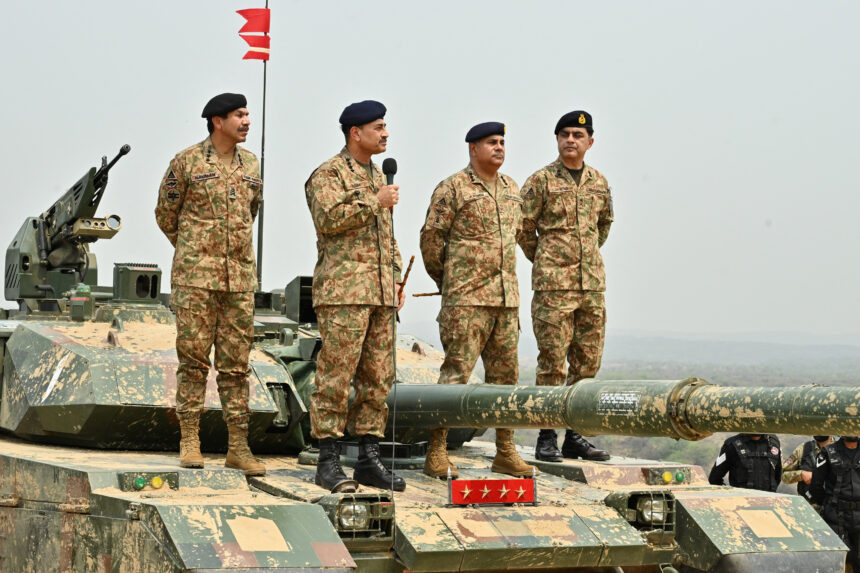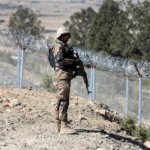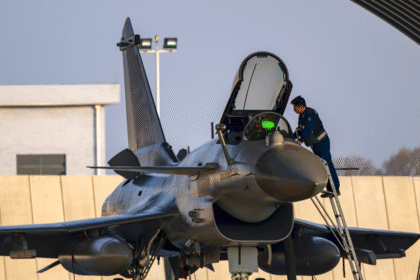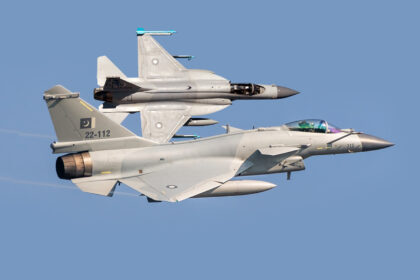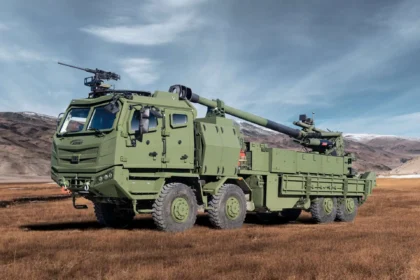Pakistan’s military has cautioned India against “provocative propaganda” ahead of upcoming state elections, accusing Indian commanders of issuing “irresponsible” statements under political pressure. Five months after the May 2025 India-Pakistan conflict, the Inter-Services Public Relations (ISPR) warned that jingoistic rhetoric could destabilize South Asia and promised a “swift, resolute, and intense response” to any aggression. (Sources: Arab News, Geo News, Express Tribune)
ISLAMABAD — October 15, 2025 — Pakistan’s military has issued a stern warning to India, accusing its armed forces of reviving “delusional, fabricated, and provocative propaganda” ahead of upcoming state elections. The Inter-Services Public Relations (ISPR) cautioned that such rhetoric could escalate tensions in the region, potentially destabilizing South Asia.
The ISPR’s statement comes five months after the May 2025 conflict between India and Pakistan, referred to as “Marka-e-Haq” (“Battle of Truth”) by Pakistan’s military. The conflict saw intense exchanges of artillery, missile, and drone strikes, culminating in a U.S.-brokered ceasefire on May 10. Since then, the ceasefire has largely held, but the recent resurgence of provocative statements has raised concerns.
The ISPR criticized Indian military leaders for issuing statements that it described as “irresponsible” and “under immense political pressure.” These statements, according to the ISPR, are part of a pattern observed before previous state elections in India, aimed at rallying domestic support through jingoistic narratives.
“Any professional soldier would know that unnecessary chest-thumping and unwarranted statements might initiate a cycle of jingoism and lead to serious consequences for peace and stability in South Asia,” the ISPR stated. “Every act of aggression will be dealt with a swift, resolute, and intense response that will be remembered by posterity.”
The ISPR also accused Indian military leadership of attempting to “mold history” with what it termed “Bollywood-style scripts,” referring to the dramatization of events to serve political agendas. This criticism highlights the deepening mistrust between the two nuclear-armed neighbors.
The heaviest fighting in decades between India and Pakistan was triggered by an April 22 attack in Indian-administered Kashmir that resulted in 26 deaths, mostly tourists. India blamed the incident on “terrorists” backed by Pakistan, a charge Islamabad denied. In retaliation, Indian jets targeted what they described as “terrorist infrastructure” sites across the border. Pakistan claimed to have downed six Indian planes, including at least three Rafale fighters, during the initial clashes. Islamabad acknowledged some hits to its air bases but denied suffering any significant losses.
The ISPR’s warning underscores the fragile nature of the ceasefire and the potential for renewed hostilities if provocative rhetoric continues. Both nations have a history of tensions over the disputed Kashmir region, and the presence of nuclear weapons adds a layer of complexity to any military engagement.
As the elections approach, the international community watches closely, hoping that both India and Pakistan will exercise restraint to maintain peace and stability in the region.
Discover more from JUST UNTOLD STORY
Subscribe to get the latest posts sent to your email.




